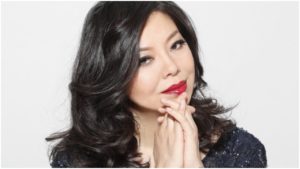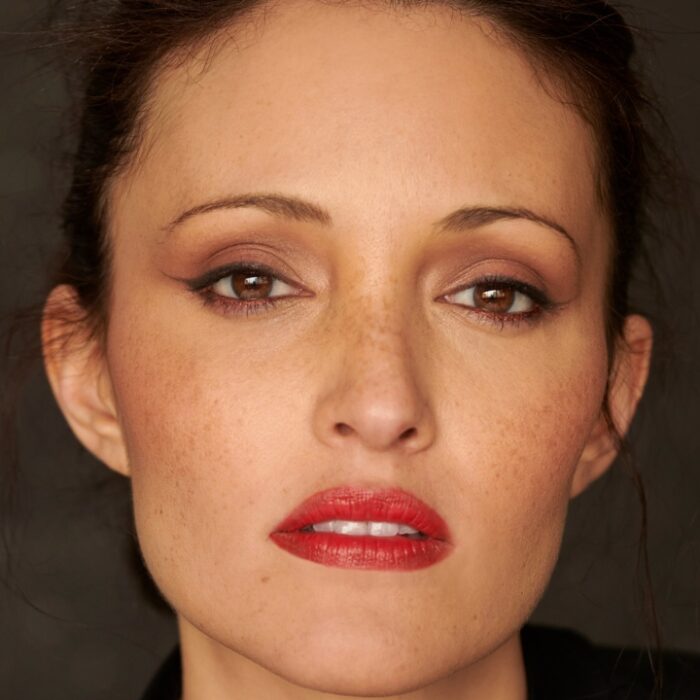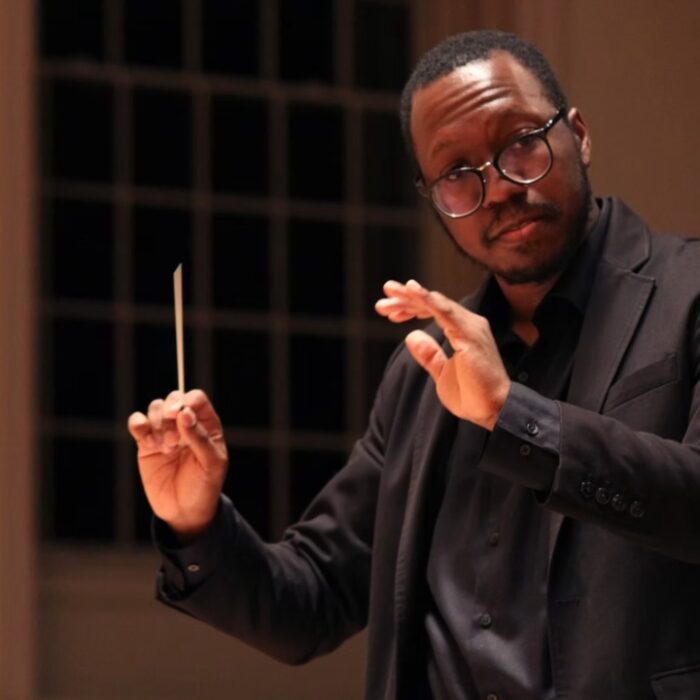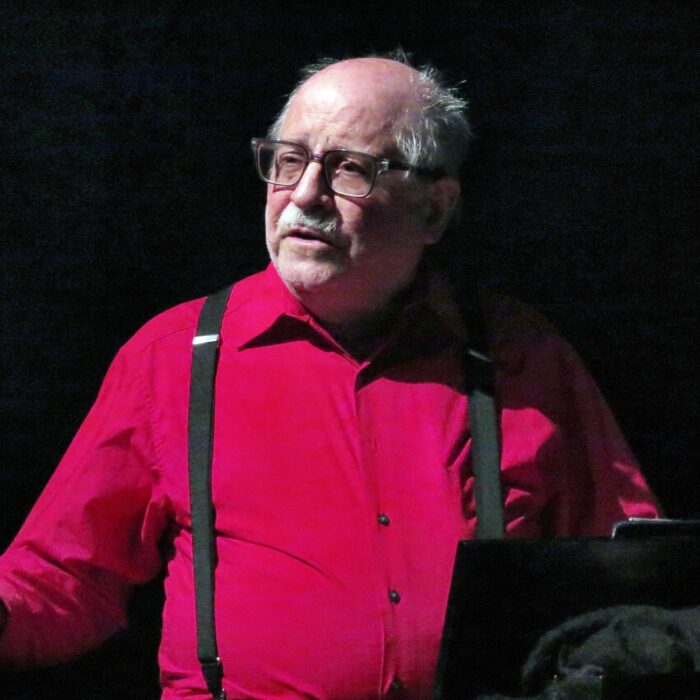
Q & A: Hui He On Singing ‘Turandot’ & ‘La Bohème’
By Francisco SalazarHui He is one of today’s leading lirico spinto sopranos in the world performing every major Verdi and Puccini role.
Since her debut in “Aida” in Shanghai in 1998, she has become one of the leading interpreters of such operas as “Tosca,” “Madam Butterfly,” ‘Turandot,” “Il Trovatore,” and “La Forza del Destino.”
She has also performed in every major theater, including Metropolitan Opera, Wiener Staatsoper, Teatro alla Scala di Milano, Deutsche Oper Berlin, Opéra de Paris, Gran Theatre del Liceu, and Lyric Opera of Chicago, among others.
This month, she adds another two major roles to her repertoire, Mimì in “La Bohème” and the title role of “Turandot.”
The soprano spoke with OperaWire about her upcoming role debuts, performing Puccini, and taking her interpretations to the Puccini Opera Festival at the Torre del Lago.
OperaWire: What does Puccini mean to you as an artist? How has his music inspired you throughout your career?
Hui He: Puccini is a very important composer in my career. He is one of the best Italian composers. His music speaks about human beings and their feelings, his operas are so emotional and touching for all time! I sang “Tosca,” “Madama Butterfly,” “Manon Lescaut,” Liù in ‘Turandot,” and now I will debut Turandot and Mimì.
When I sing Puccini’s operas I just follow his music and my voice feels so incredibly comfortable and fit for the roles. His music has many different colors, different situations, and emotions. It’s really incredible!
OW: You’re making your role debut as Turandot, perhaps his most challenging role? What are you excited to bring to this iconic role?
HH: Today I did my first music rehearsal of “Turandot” at Teatro Comunale di Bologna. I feel very good in this role. I refused to sing Turandot for many years because I didn’t want to play this character so early, especially because being Chinese, I would risk that companies would only want me for this role.
So I sang many other characters and finally after I refused the princess for 15 years, now I decided to debut this role. I also feel my vocal technique is ready to sing it. Now I really enjoy singing this role and I’m looking forward to this important debut in Bologna. I will also sing Turandot in Dubai in September 2019. I think this role really needs a good voice and technique. When the vocal technique is mature, Turandot is not a difficult role. But if it isn’t yet at a point of maturity it can dangerous for the voice. I’m so excited for my first Turandot!
OW: What are the challenges of performing it musically and as a character? How do you view her and how do you find the emotional core of her story?
HH: Musically there are many different colors and different situations. Turandot has many high notes and it needs very good control of vocal technique. You have to use all the different colors of your voice and follow the music all the time.
As a character, I think this is a very different role as many roles I did before. In the beginning, she is very cold and cruel, but I am trying to find the reasoning behind it. At the end after her kiss with Calaf, she becomes a woman in love, and the colors are totally different. The voice should be very powerful and also soft and when it’s necessary you have to use pianissimi.
OW: What is your favorite moment in the work?
HH: My favorite moment in Turandot is the riddles scene with Calaf! It is powerful and magnificent and it is dramatically one of the strongest scenes in the opera.
OW: Alfano wrote the commonly performed ending to the opera. Is the vocal writing different from the rest of the work?
HH: I feel that Alfano followed Puccini’s music. The duet between Turandot and Calaf has very good continuity with Puccini’s music. I don’t feel uncomfortable with Alfano’s music and I think he did a very good job in making sure the music connected with Puccini’s.
OW: How does “Turandot” differ from “La Boheme,” “Tosca” and “Madama Butterfly which you will perform throughout the summer and fall?
HH: There are always many differences between the personalities of different roles and situations. Tosca is a Diva, Mimì is a poor girl, Butterfly is an Asian girl. I’m not worried about changing personalities because when I’m on stage, I’m that person, I live in that moment. I cry, I laugh, I love, I’m jealous…I follow the music and I live the life of the character.
OW: You’ll also be making your debut as Mimì at the Puccini festival. Why did you choose this role and what excites you about performing at the Puccini Festival?
HH: Singing Mimì was always in my dreams since when I was 18 years old. The first time I heard opera, it was a CD of “La Bohème.” I didn’t even understand one word but I was so touched and I cried from listening to the beautiful music.
Debuting Mimì in the Puccini Festival is very important for me because it is such an important festival and one that has so much history.
OW: Is it daunting to perform in Puccini’s home and at this prestigious festival that celebrates Puccini?
HH: I did “Tosca” and “Madama Butterfly” at the festival several times. I was always very moved to sing those operas in front of Puccini’s house, that is now a really beautiful museum.
It is always a pressure to sing Puccini’s operas at the Puccini Festival. I worked for many years there and every time I think that Puccini is there, listening to our performance, I always do my best!
OW: You’ll be back at the Met for Madama Butterfly? What are the challenges of returning to a production you have already done?
HH: It is very exciting to come back to the Met for “Madama Butterfly.” It will be my fifth time singing at the Met. I did “Aida” and “Butterfly” there before, and this production of “Butterfly” is my favorite. It is so beautiful and with many clever ideas that I really enjoy. Of course, every time and every performance is different and it depends on how I feel and how prepared I am. I always do my best in giving this role new feelings and new emotions.
The Met production of “Madama Butterfly” is so beautiful and there are a lot of beautiful and clever moments to explain what happens to Butterfly. The costumes, the stage design are all perfect and they all help me a lot when I sing Butterfly on stage.
OW: You’ll be performing with Maestro Plácido Domingo. What has he meant for your career?
HH: Maestro Domingo is the greatest opera singer of our time. It is a great honor to sing with him, especially because I started my international career when I won the second prize at the Operalia competition in Los Angels in 2000. I also did some concerts with him in Shanghai and I did “Simon Boccanegra” with him in Beijing.
I met him in different cities around the world and he came to my performances and gave me lots of compliments. He told me to never stop learning and to be better and better. I’m so grateful to Maestro Domingo and I’m so excited to sing my Butterfly with him in his role debut.
OW: This is your first HD with the Met. What excites you about this new opportunity?
HH: I‘m very glad that Met chose me as Butterfly for this upcoming HD. I think it is very important for my career and this will immortalize my Butterfly forever. I feel very excited and very lucky.
OW: Finally, when you were a young singer was it always your goal to sing Puccini or did you imagine a different path?
HH: When I was a young singer I always dreamed to sing Puccini’s operas because his music always touches my heart. My first Puccini opera was “Tosca,” which I sang for the first time at Teatro Regio di Parma in 2002. I studied the role with Raina Kabaivanska and I’m grateful to her because she taught me how to be a Diva on stage.
With “Tosca,” I made history at Teatro alla Scala, I was the first Asian singer to sing the role at the legendary theater. I enjoy singing different Puccini roles and I hope to sing them forever. Puccini with Verdi are my favorite composers.


